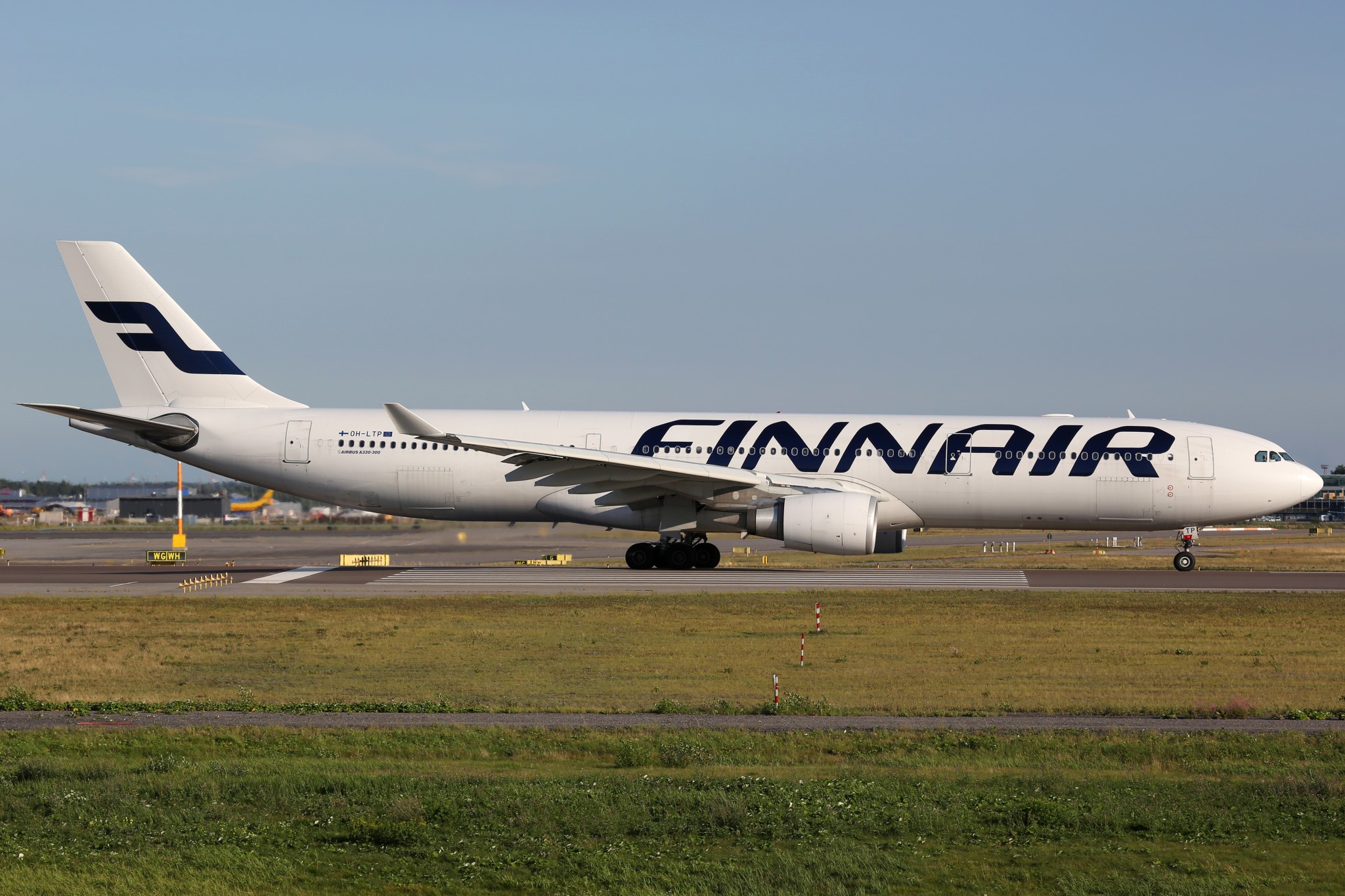Finnair Group has reported a decrease in revenue by 88.7% to €97.4 million, with operating loss of €167 million for the three months to end September 2020. Earnings per share were -€0.15. Net expenses increased slightly during the quarter to €74.6 million with €54 million related to jet fuel and foreign exchange hedging that was reclassified from other comprehensive income.
Passenger traffic for the quarter compared to last year’s period was down by 88.9% to 0.5 million on thew back of a 86.8% reduction in capacity. The passenger load factor for the quarter was 38.7% - a decrease of 475 percentage points compared to the 2019 third quarter.
The company has reiterated its previous guidance and states that the revenue will decrease significantly in 2020 compared to 2019 and that the comparable operating loss will be significant in the financial year 2020. In addition, Finnair's capacity will decrease significantly this year compared to 2019. Based on the current assumptions, the revenue and capacity (measured in ASKs) will both decrease more than 70% in 2020 compared to 2019.
Between February and September, Finnair refunded €400 million to customers in refunds for flights cancelled due to the COVID-19 situation. The airline’s remaining anticipated refunds amount to €40 million.
Finnair has implemented further cost reductions and took measures to improve the equity and cash position in line with its rebuild plan. The company has made amendments to the terms of Finnair pension fund, which have been approved. The airline expects this to have “significant positive one-off impact on Finnair's operating result in Q4”.
“The pandemic continued to impact Finnair heavily during the third quarter,” says CEO Topi Manner. “Travel restrictions, which are particularly strict in Finland, led us to deviate from our plans and we continued to operate a restricted network throughout the quarter. This was reflected in our passenger numbers, revenue and result. Demand for cargo flights remained strong, and we were able to re-open scheduled flights to Asia, supported by cargo demand. Cargo’s share of Finnair’s total revenue remained higher than usual.”
During the period, Finnair refinanced its previous €200 million hybrid bond, conducted a sale-and-leaseback arrangement for one A350, and drew a second €200-million tranche of its €600-million pension premium loan.
Finnair is increasing its target for permanent annual cost reductions to €140 million from the previous target of €100 million starting from the beginning of 2022, compared to 2019. “We seek reductions in all cost categories. The post-pandemic market will be highly competitive, and we are preparing with these measures for the future market conditions,” says Manner.
Finnair has already announced the loss of 700 jobs and expects to have 1,100 fewer employees compared to the start of the year.

